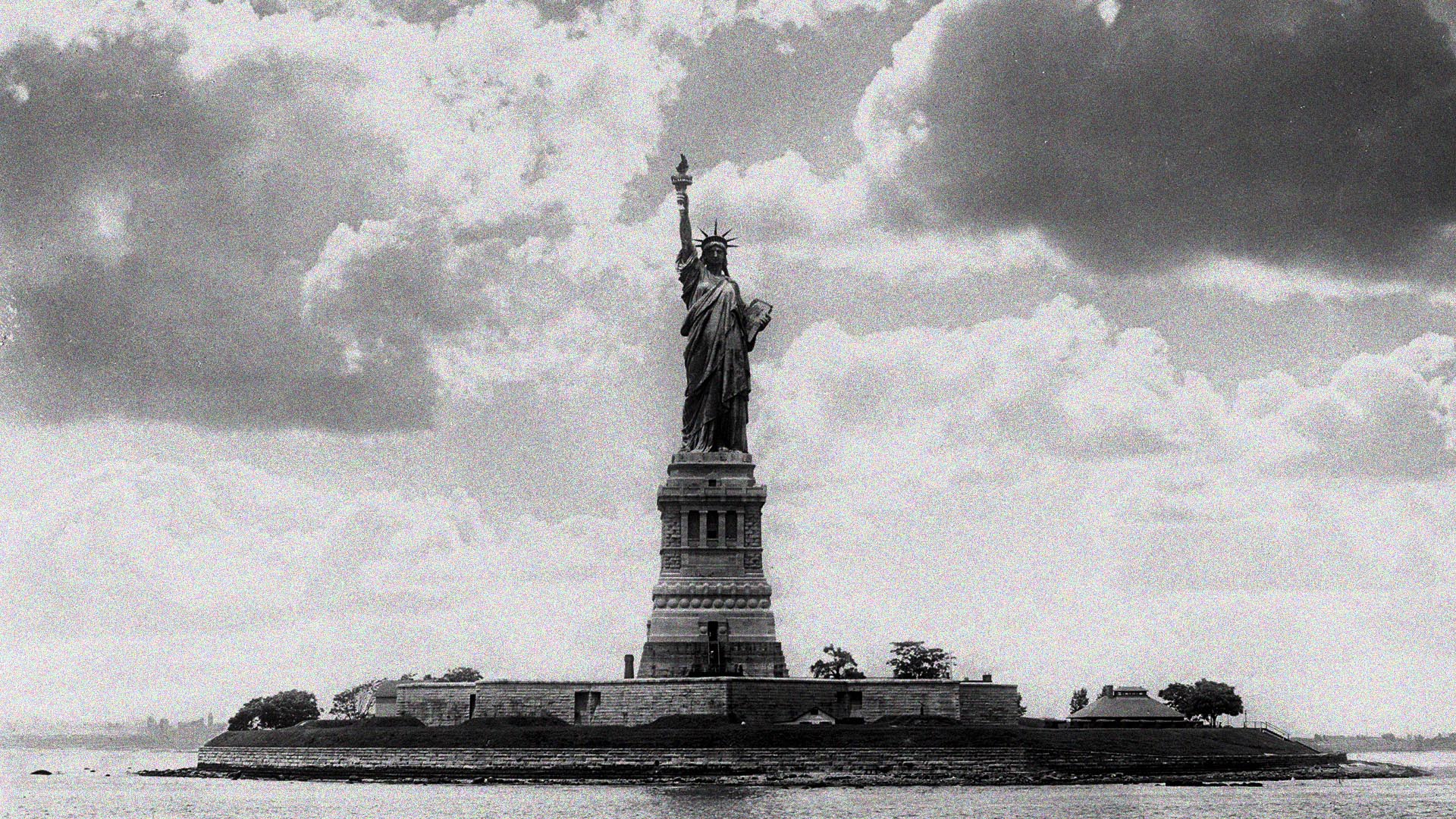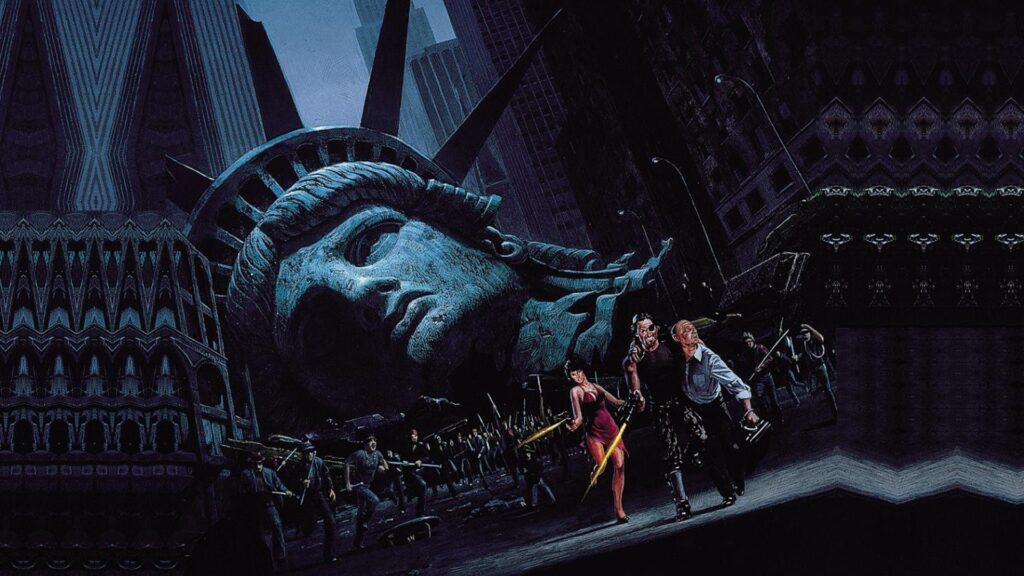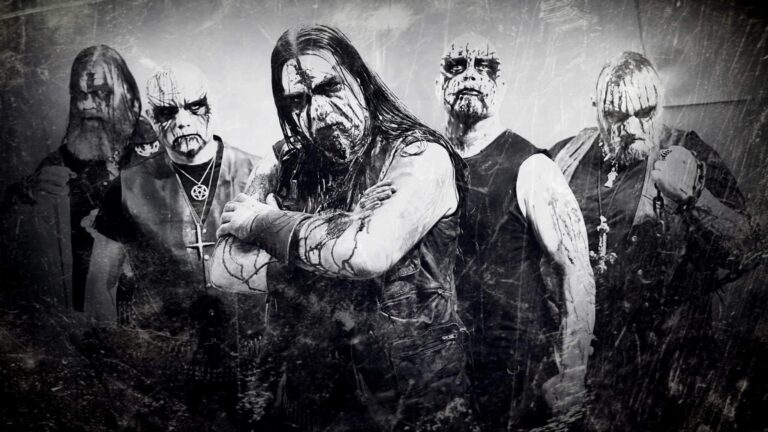
In recent months, the United States has found itself at odds with many of its allies, leading to an increasing sense of isolation on the global stage. Once considered a stronghold of international diplomacy and cooperation, the country is now perceived by some as the schoolyard bully that no one wants to befriend.
The latest controversy stems from a French politician’s assertion that the U.S. should return the Statue of Liberty to France. The response from the White House was swift and unequivocal: that will not happen.
Calls for the Statue’s Return
Raphaël Glucksmann, a French Member of the European Parliament, suggested during a political gathering that the U.S. should return the iconic statue, originally gifted by France approximately 140 years ago. According to Politico, Glucksmann argued that the U.S. no longer upholds the values of liberty and democracy that the monument symbolizes.
White House Press Secretary Karoline Leavitt responded dismissively, stating that the idea was out of the question. In a follow-up report by Politico, Leavitt referred to Glucksmann as an “unnamed, low-ranking French politician” and defended the U.S. position with a historical reference.

“Absolutely not. My advice to this unnamed, low-ranked French politician is to remember that it is only because of the United States that the French are not speaking German right now. They should be grateful,” Leavitt said, seemingly alluding to U.S.-French cooperation during World War II.
Observers found it curious that Leavitt chose to describe Glucksmann as unnamed when he had been repeatedly cited by name.
A Symbol of Friendship in Question
The Statue of Liberty, which has stood on Liberty Island near New York City since 1886, was originally intended as a gift symbolizing the enduring friendship between France and the United States. However, Glucksmann now questions whether the U.S. still embodies the principles it once represented.
“We should tell the Americans who have chosen to stand on the side of tyrants, the Americans who fire scientists for demanding academic freedom: Give us back the Statue of Liberty,” Glucksmann declared, as reported by Politico.
His remarks came in response to the temporary suspension of U.S. aid to Ukraine and the perceived humiliation of Ukrainian President Volodymyr Zelenskyy under the Trump administration.
Welcoming Disillusioned Americans
Glucksmann further suggested that France could benefit from an influx of American talent, particularly those affected by mass layoffs under the new Trump administration.
“If they wish to emigrate, they are welcome,” he said, as reported by France 24.
As political tensions escalate, this debate over an iconic symbol of liberty underscores the broader question of America’s evolving role in global leadership and its relationships with longstanding allies.




